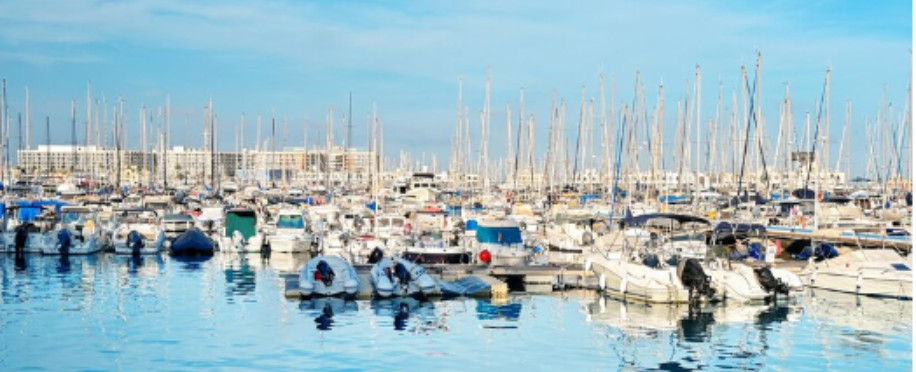Rebuilding Hope: France Leads the Charge in Reviving Beirut Port

Posted on Apr 29, 2024 at 12:04 AM
Nearly four years have elapsed since the tragic incident, where 2,750 tonnes of ammonium nitrate detonated in Beirut, Lebanon. This catastrophe not only claimed at least 219 lives but also left thousands injured and the Beirut Port in ruins. Amidst Lebanon's ongoing struggle to mend the aftermath, a gleam of hope emerges with France stepping forward with a revitalisation proposal.
A Fresh Start for Beirut
On March 13, French and Lebanese dignitaries convened in Beirut to unveil a comprehensive plan for the port's restoration and modernisation. Artelia and Egis, two prominent French engineering firms, are at the helm, backed by financial support from the French government. Their blueprint seeks to repair the devastation and restructure the port for improved functionality and eco-friendliness.
The initiative focuses on repairing the port's infrastructure, optimising the layout for enhanced traffic management, and incorporating solar energy solutions. However, it notably omits plans for the reconstruction of grain silos. Expertise France, a renowned French public agency, has also contributed by recommending security upgrades for the port.
Lebanon's Public Works and Transportation Minister, Ali Hamie, expressed the government's endorsement of the plan for "Le Monde," highlighting that the port's revenues will finance the necessary investments. This endorsement comes at a critical time as Beirut sees an uptick in port revenues despite Lebanon's economic woes, a health crisis, and the aftermath of the 2020 explosion.

Financing and Future Prospects
USAID's Middle East Economic Growth Project estimates the cost of restoring state infrastructure damaged in the explosion to be between $60-80 million, which escalates to $140 million when including private sector infrastructure. Omar Itani, the Director General of the Port of Beirut, anticipates restoration costs to be covered by port earnings, surging from $9 million in 2020 to $150 million in 2023.
Despite the port's recovery in terms of revenue and the handling of containers increasing to 800,000 TEUs in 2022 from about 600,000 in the previous year, it still needs to catch up to the 1.2 million TEUs processed in 2019 before the disaster. This upward trajectory is a testament to the resilience and potential of Beirut's port to surpass its former glory.
In a gesture of solidarity, French President Emmanuel Macron visited Lebanon shortly after the explosion, promising to galvanise international support for the Lebanese people. The French ambassador to Lebanon, Hervé Magro, reiterated France's commitment to the port's modernisation as a cornerstone for Lebanon's economic revival.
Moreover, CMA Terminals' recent acquisition of a ten-year concession for managing the port's container terminal, with a $33 million investment in equipment renewal, signifies international confidence in Beirut's resurgence. This development and Germany's 2021 proposition for a holistic redevelopment of the port and its surroundings mark a pivotal step towards Beirut's recovery and future prosperity.
Read more news:
MEPC 81's Pivotal Role in Steering the Future of Sustainable Shipping
Fortescue Carries out the First-Ever Ammonia Fuel Trial Worldwide
$450 Million Boost: Transforming America's Ports for the Future
Related News
There are no news!